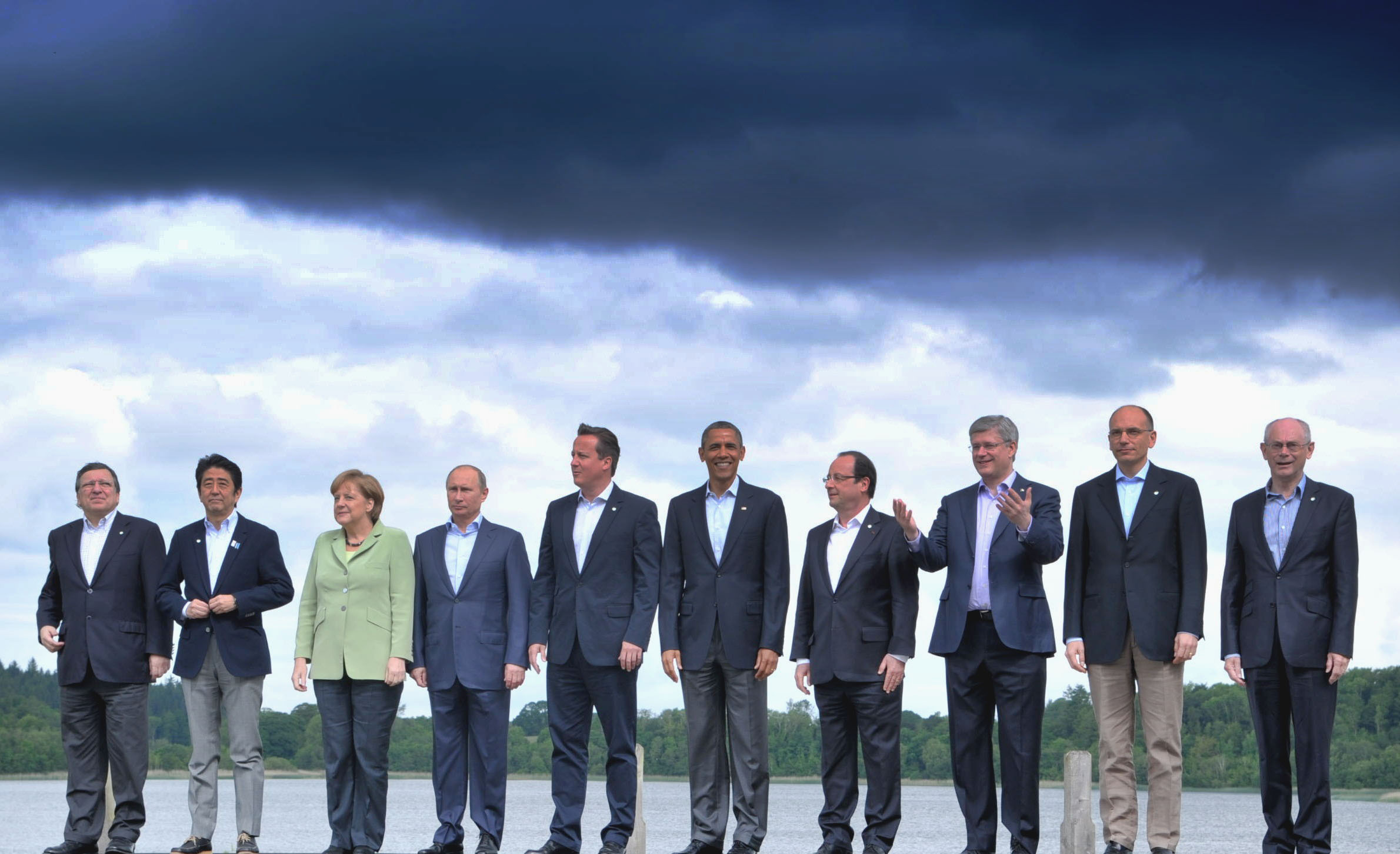There is you. There is I. As fellow human beings, we have rights — legitimate claims on one another’s actions — and correlative obligations. Each of us has rights to life, liberty, and property. Hence, each of us has an obligation to refrain from interfering with the other’s retention and enjoyment of his life, liberty, and property. The situation is the same for any two individuals whatsoever.
There is no society. There is no nation. Not, at least, in the same sense that there are you and I. Society and nation are abstractions. Neither can act or decide anything; neither as such is good or evil. Each is only a linguistic device, not a thinking or acting entity and hence not a moral entity.
You and I owe society and nation nothing, and neither of these abstractions owes, or can owe, us anything. When national political leaders purport to place obligations on us, they are attempting to sucker us into doing what they want us to do by claiming that we have a legitimate obligation to do it. But we have no more legitimate obligation to a president or a prime minister, to a congress or a parliament than we have to any other human being, and each political leader or government functionary has the same legitimate obligations to us that any other human being has.
When they act otherwise, they are simply violating our natural rights, and we need feel no obligation whatsoever to obey them merely because they purport to “represent” the society or the nation. It’s rhetorical hocus pocus. If we fall for it we are fools.




